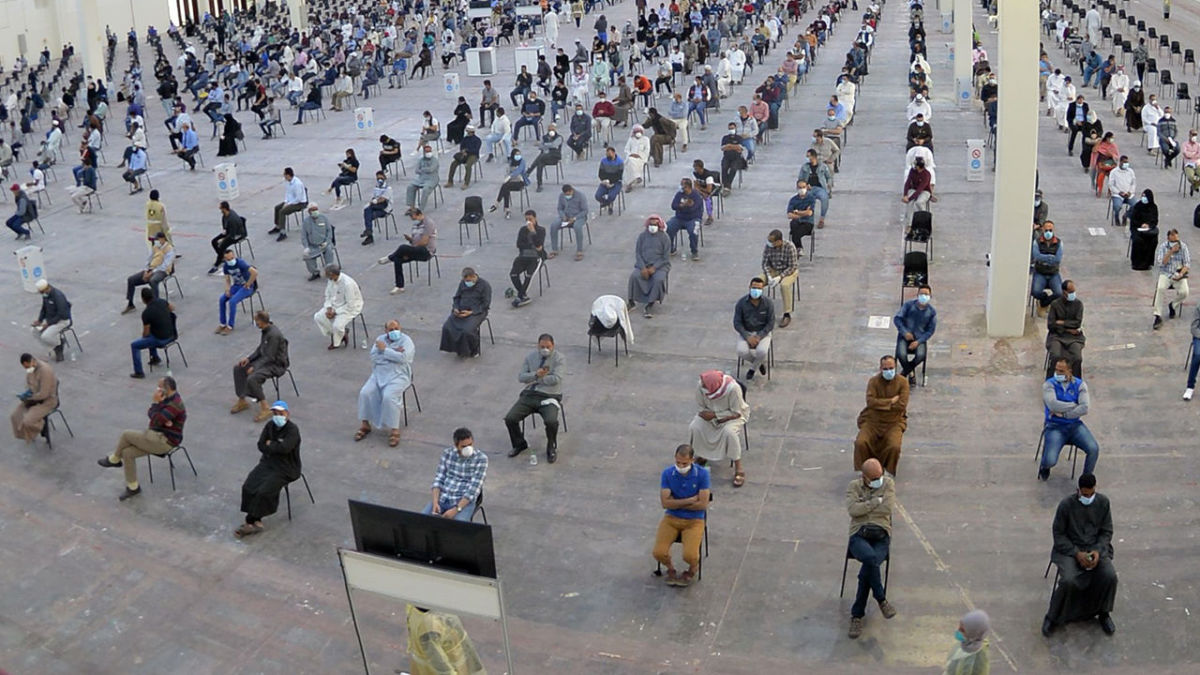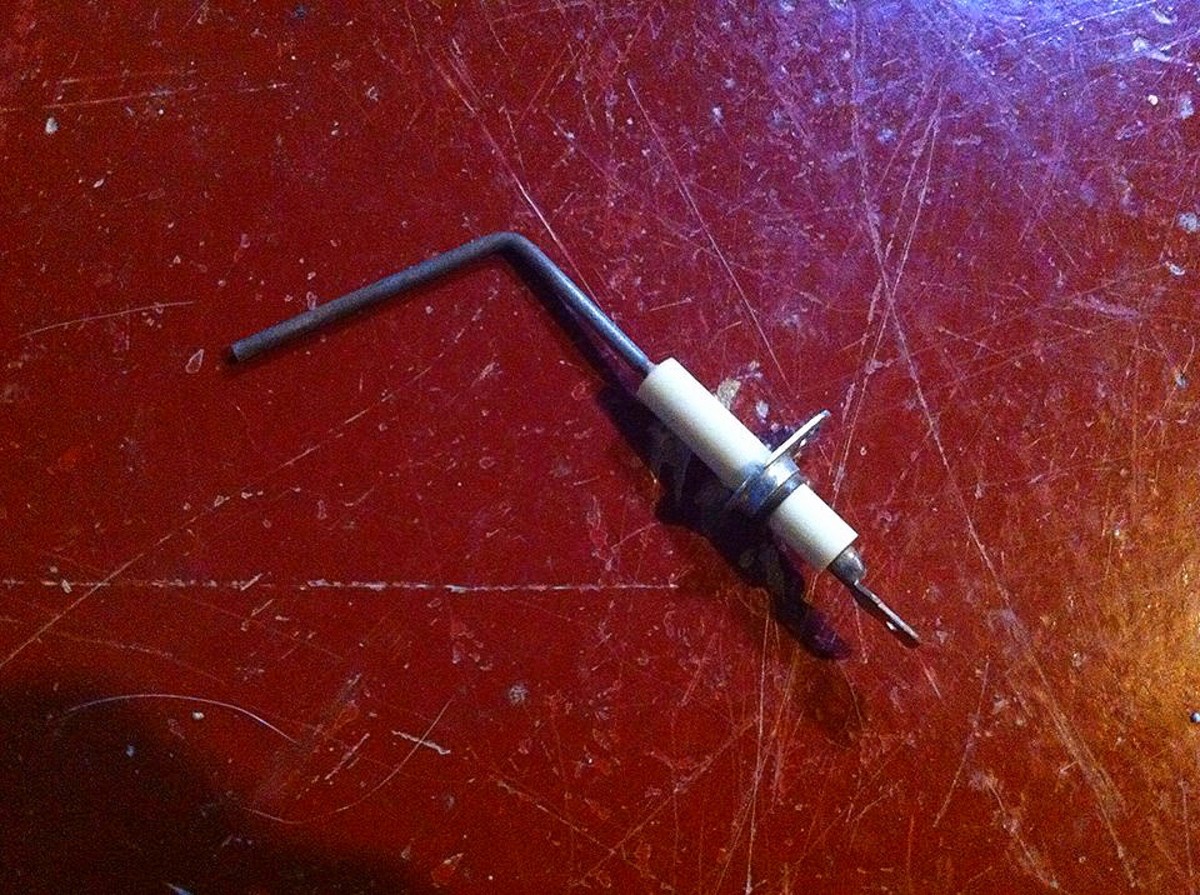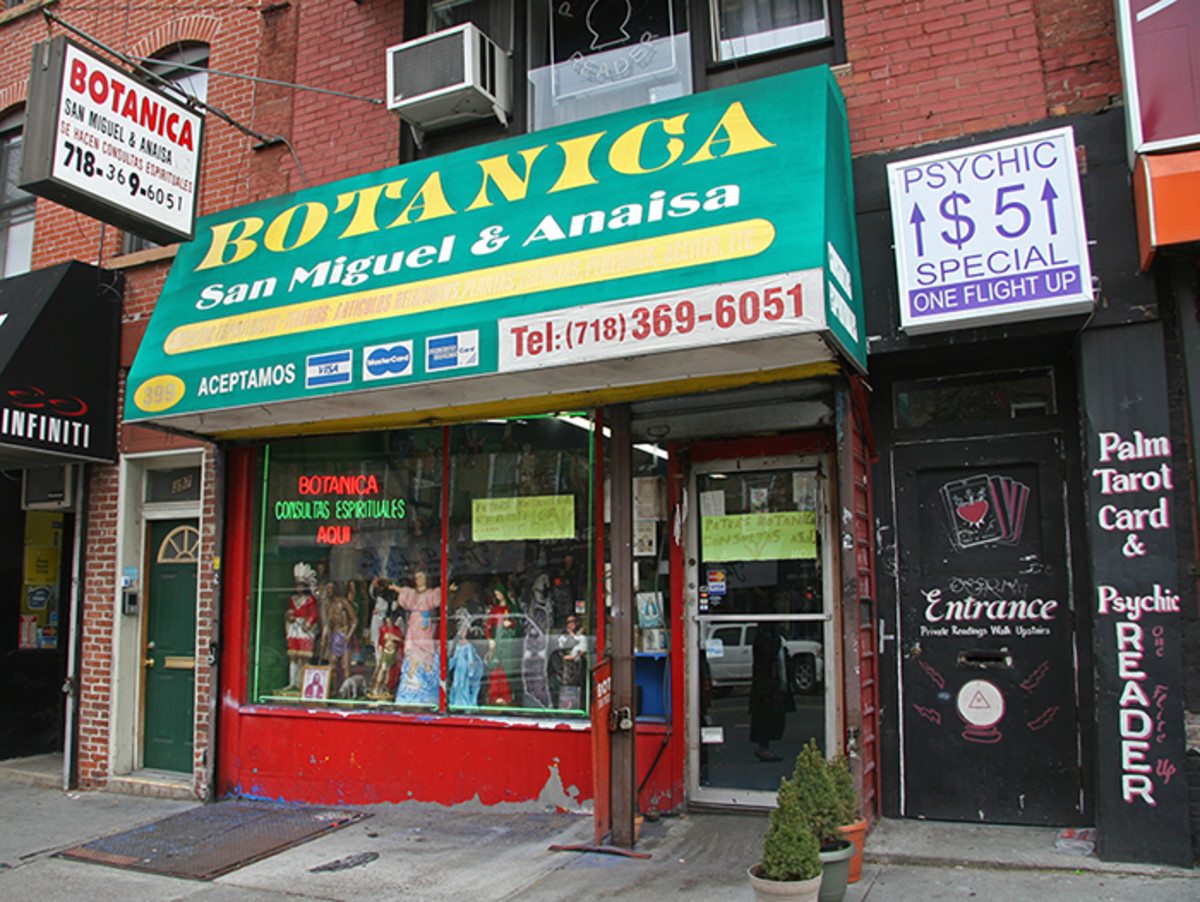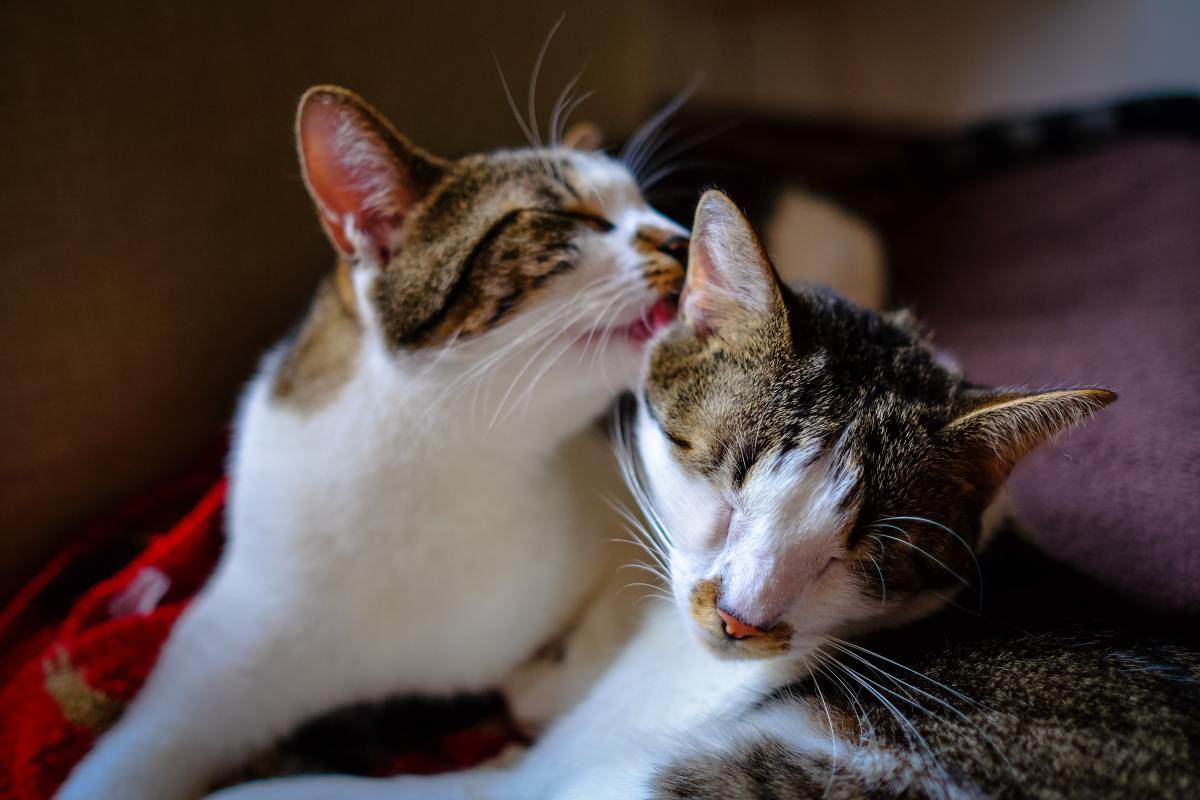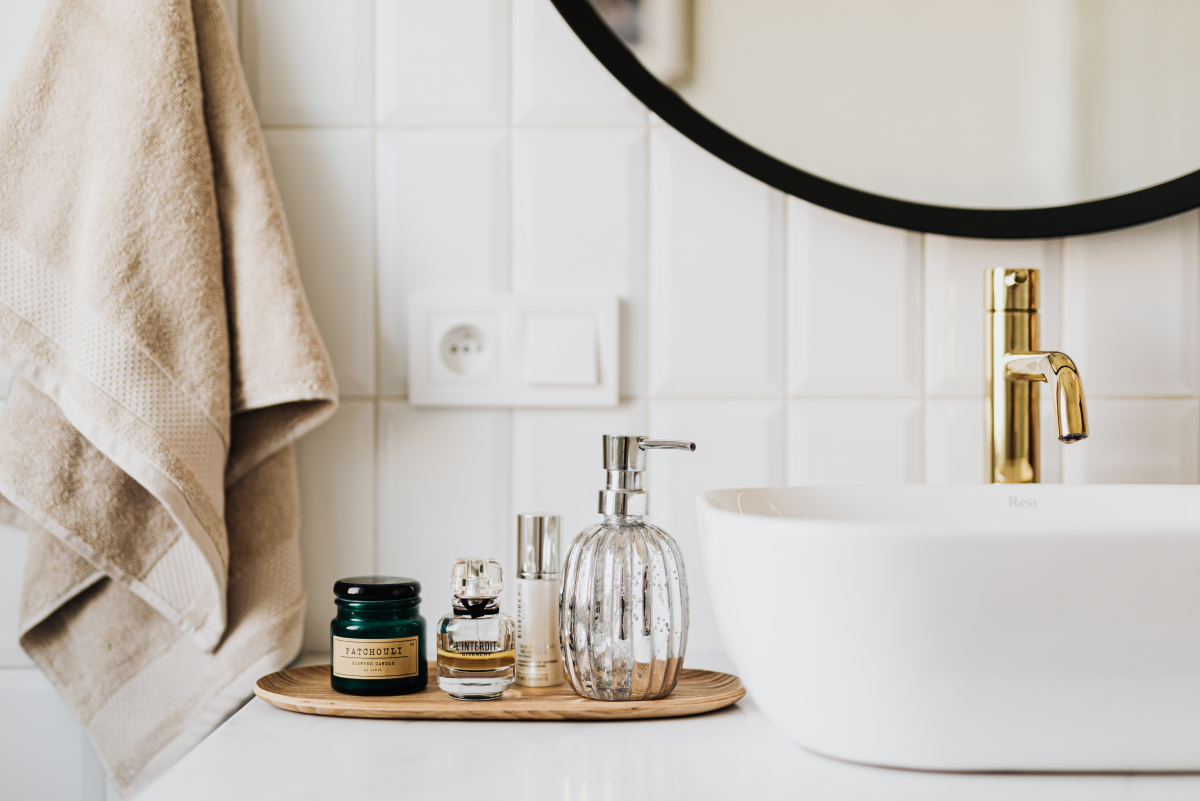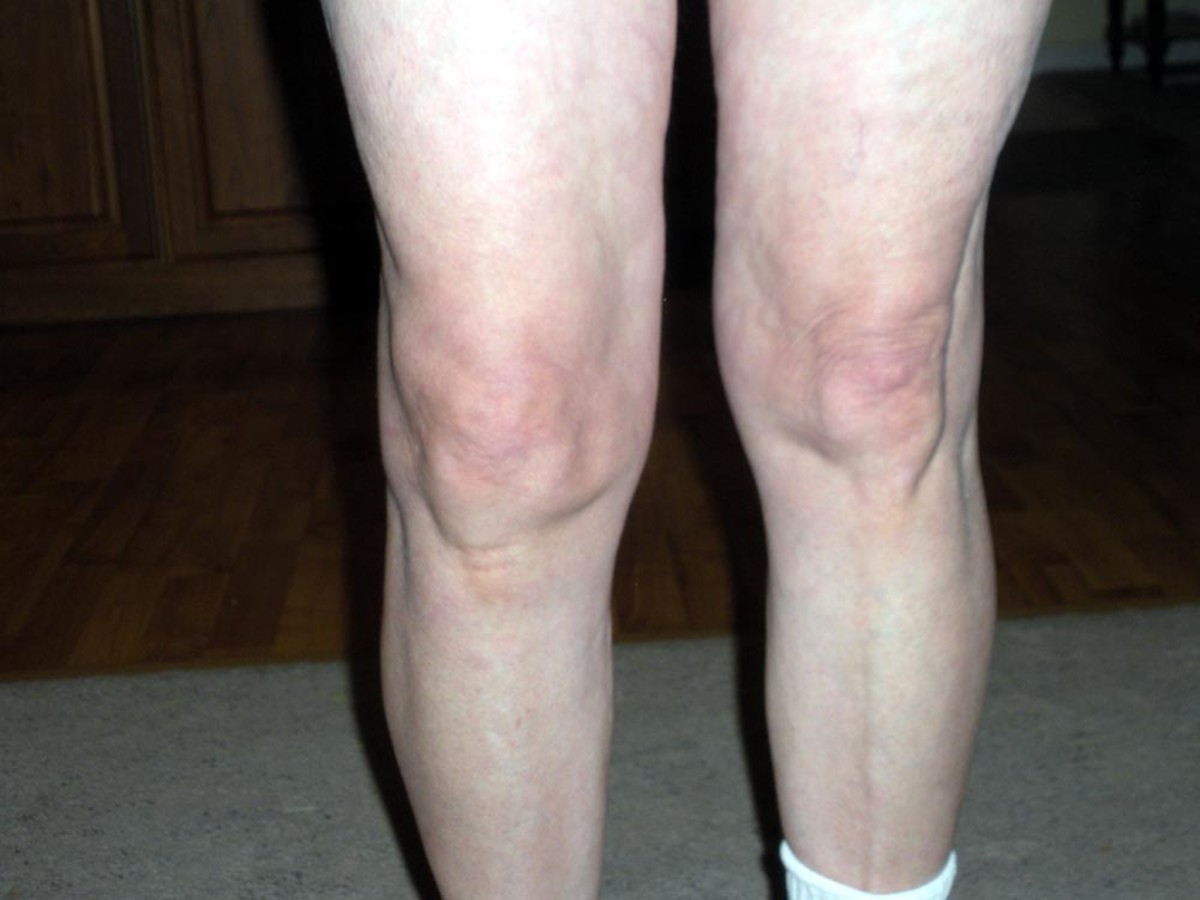Germ Warfare...the Kind Your Mother Practiced
Consider the humble germ. Some are overlooked entirely; no one fears the common cold, nor anything curable with antibiotics.
Some germs are, however, different. Viruses, for one. Indeed, some viruses are at the very pinnacle of scary germs. Covid19, for example. Obsessive hand-washing and avoiding germ-ridden places and not getting near people in case they might be harbouring the virus has appeared since the newest coronavirus arrived.
This extreme level of cleanliness is quite new to a lot of people, people who were raised by parents who were themselves raised after the advent of antibiotics. People who figured if they got sick, the doctor would fix them right up with a prescription and, somewhere between three and 10 days later, they'd be back to their old selves.
My mother was born in 1929, a year after the discovery of penicillin, the first antibiotic wonder drug. But it was the 1950s before penicillin and, by then, a number of other disease-killing pharmaceuticals, were being prescribed. Being over-prescribed, as it happened, and resulting in germs that are immune to them, and wildlife that isn't. But that's not this story.
This story is about our late mother, The Queen of Clean. Thus we—my brother and I (co-authors of this)--grew up with an extensive set of things we were to do and not do regarding germs and contagion. Indeed, to this day, we cannot eat anything with our unwashed hands after we have touched:
- Money
- A light switch
- A door knob
- The steering wheel of a car
- Another person
- A library book (as opposed to a book bought in a store and kept ONLY in our house)
- Any object that has ever been touched by a dog's tongue or a baby's hands (you have no idea where either of those things have been!)
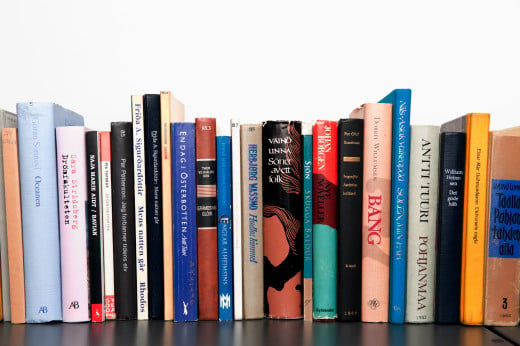
Social Distancing
The above is not a complete list. I'm considering you, dear reader. You might not want this as bedtime reading for a month considering the true extent of our mother's Don't Touch List.
Needless to say, another big component of my mother's Primer on Avoiding Germs involved eating. One could not, of course, EVER share a fork or spoon with another person. One could not eat from another's plate even with one's own fork. One could not even transfer part of one's food—a slice of pie, for example—to the plate of another if one's own fork had touched the plate once you had eaten a bite. Even if the other person didn't mind that your fork had been used before the transfer.
One could not taste something on the stove more than once UNLESS the spoon was washed in hot, soapy water before it dipped into the pot again. Needless to say, I could not taste the spaghetti sauce and then hand the half-full spoon to you so you could taste it without a complete wash. And tasting one after the other even if the first had licked the spoon clean to be dipped in again? Oh, do be serious.
One could not drink out of a bottle someone else was drinking from, so no sharing of bottles of Coca-Cola. One could not take a bite off a candy bar someone else had bitten, EVEN IF YOU BIT AT THE OPPOSITE END.
One could not drink from the glass or cup of another.
So you see, snacking on the run as kids do was not open to us.
It is astonishing that we were allowed to share a bag of potato chips, what with hands attached to two separate people plunging in and dragging out the crisps. I don't know how our mother missed that. Possibly she thought the salt would kill off whatever deadly germs either of us had delivered to the interior of the bag. She did have some odd ideas, scientifically speaking.
One could never, ever let someone else lick your ice-cream cone lest they get pregnant, at least if you're a man and the other person is a woman. Indeed, one of us (Larry) is surprised about the birth of his first child; his first wife didn't even like ice cream, so no licking had occurred.
The Hierarchy of Germs
If you were part of our family, you had to learn about the two kinds of germs, where they were found, and what they would do to you. A great many germs were, in fact, beyond the power of either Comet or Lysol to render harmless. Those were the “dirty” germs. The clean germs could, with sufficient effort, be vanquished.
What were clean germs? The ones in your own house. Not ALL of the ones in your own house. Clean germs included only:
- The ones that were in dust on the top of a dresser, or a recent spill on the kitchen floor.
- Non-upholstered furniture.
- Upholstered furniture could be rendered clean of dirty germs if it were of naugahyde and therefore washable with water and disinfectant. But it would still have, unfortunately, dirty germs. Especially if you sat on it in shorts and left sweat behind. Or picked up someone else's sweat. So you see how that went....
Other upholstered furniture? Sorry. It was, a priori, germy. Not necessarily dirty germs unless a dirty person had recently sat there. BTW, I don't mean mud on the trousers, but a deeper, more concerning sort of germiness—for instance, if the person mentioned they had just been to the landfill to drop off some garden clippings. You had NO idea what those clippings might have contained, up to and including dog poo. And you certainly had no idea whether Uncle Crud had washed his hands in living memory and he might possibly have sat there after a trip to the landfill; Uncle Crud loved the landfill.

Dirty Germs
Then there were the seriously and often deadly dirty germs.
Here are the main locations of dirty germs:
- Toilets
- The NY City subway system
- Buses
- Trains
- Airplanes
- Landfills, as noted
- Concert halls
- Theatres of all sorts
- Baseball stadiums, or any sort of sports venue
- Other people's cars
- Laundromats
- Doctors' offices
- Dentists' offices
- Government offices
- Public rubbish bins
- Knobs on public doors
- The pavement
- Boardwalks
- Gas (petrol) pumps
- Money
- Shopping trolleys
- Carnivals (because of the germy rides and also, one didn't have ANY idea where the carny workers came from)
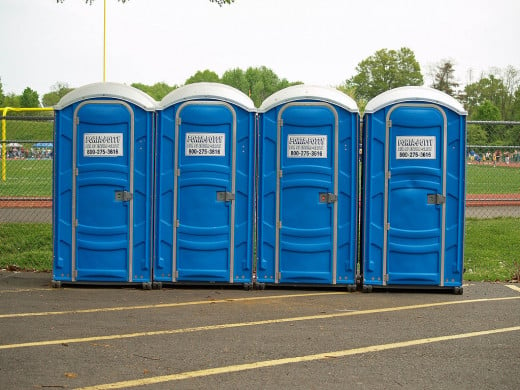
Hierarchy of Clean Germs
Now that we are in the throes of a pandemic, most of my mother's “dirty germ” locations don't look too nutty, do they?
Still, I don't want to make the Queen of Clean into a soothsayer. She was, in fact, just a person very frightened of germs, but trying to do the best by her family. Which is one reason she had an actual Hierarchy of Dirty Germs. Here it is in ascending order of germiness, using toilets to explain the concept.
Relatively clean: Your own toilet, as long as no one in the house was sick Almost relatively clean: As above, except when someone is sick Grandmother's toilet Unclean: Favorite aunt's toilet Good friends' toilets Really unclean: Least favorite aunt's toilet Acquaintance's toilet
Filthy: Restaurant toilets in local restaurants Filthy-Plus: All other restaurant toilets Double Filthy-Plus: The toilets at Long Island discount retailer Billy Blake. Those would give you VD Disgusting beyond words: Toilets in public places anywhere Certain to kill: Public toilets in NYC
Special Cases
There were germs that didn't bear thinking about. Top among these were the ones that existed on playground equipment at the drive-in movies. In our mother's world, if you touched them, you would get polio. Granted, we grew up just as vaccines against polio were being invented, so playgrounds eventually became acceptable, even in Mom's World. Polio is a horrible disease; no parent would want it for his or her children. But with our mother, even washing with carbolic after a trip to the playground would be insufficient to stave off Drive-In Theatre Polio; only the eventual vaccine could do that, and, frankly, our mother was none too sure even so.
What about the playground equipment at the schools or local parks? They apparently would not give you polio and so were OK to use. Within reason. Our mother's reason. In short, you had to wash your hands the minute you got home, and possibly some praying would be required. But she let us do it; she didn't, after all, want to make us pariahs among the other children.
###
© 2020 Laura H McBride

